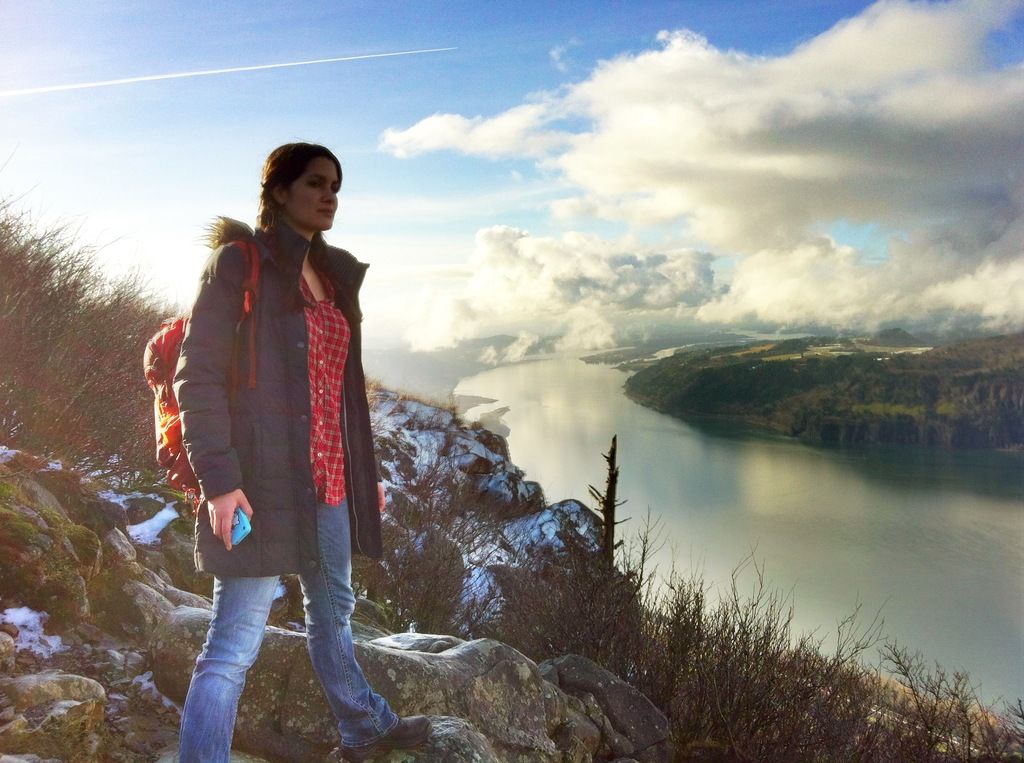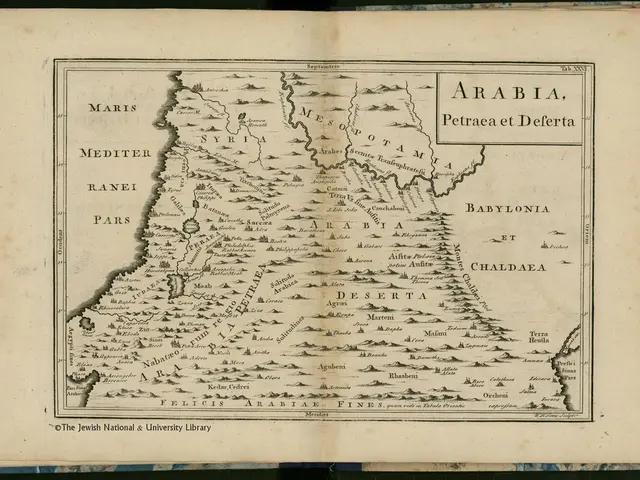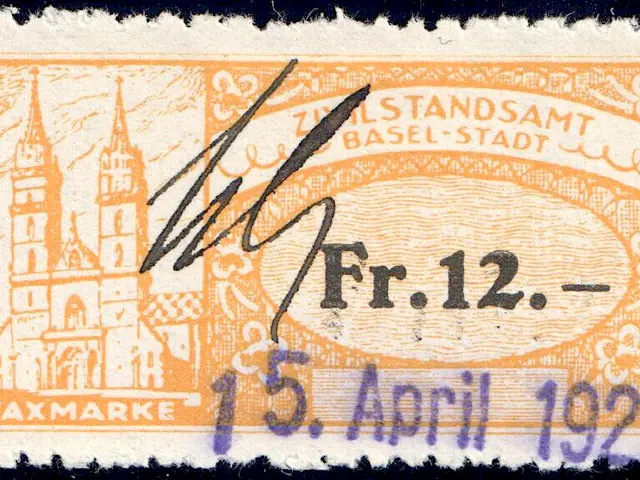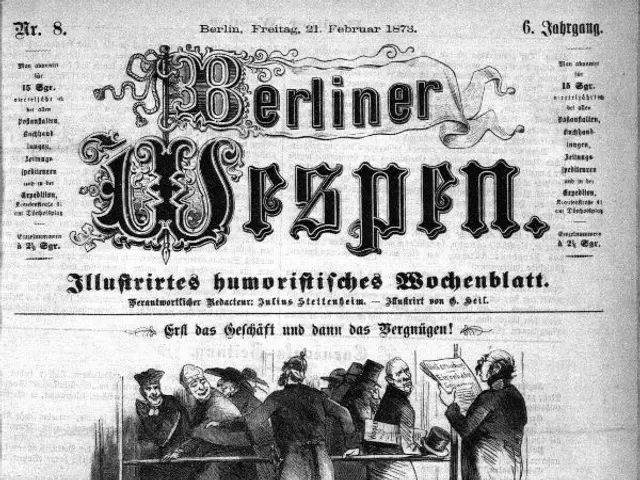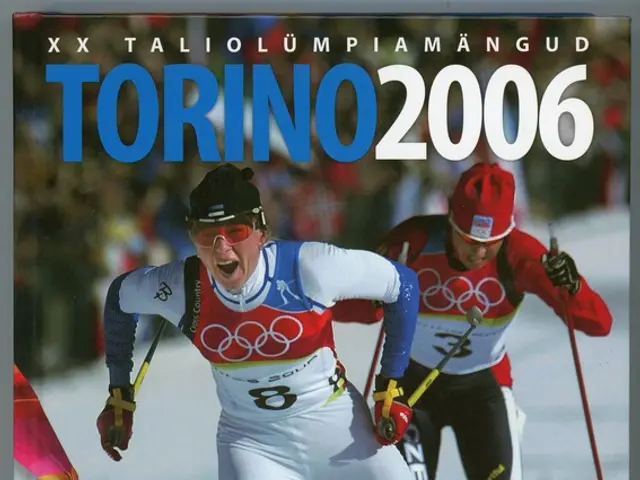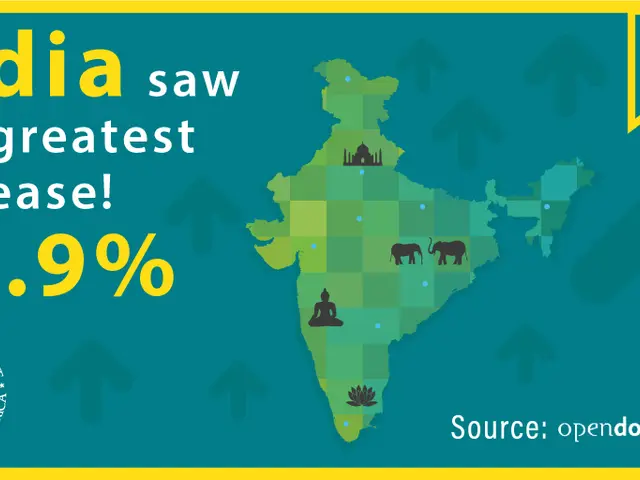Nuclear Tensions: IAEA Warns of Iran's Uranium Enrichment Incidents and Accumulating Concerns
International Atomic Energy Agency Head Expresses Significant Apprehension over Iran's Uranium Enrichment Activities
In a chilling turn of events, the International Atomic Energy Agency (IAEA) is rattled by Iran's escalating nuclear activities. The questionable enrichment of uranium in Iran has ignited "major red flags" in the eyes of IAEA's chief, Rafael Grossi, who disclosed his worries to the IAEA's Board of Governors in Vienna.
Iran stands alone among non-nuclear-weapon states for its production of highly-enriched uranium (HEU), a fact that the IAEA considers particularly alarming. On Monday, Grossi reiterated this alarming situation, urging Tehran to answer long-standing questions about mysterious nuclear endeavors plaguing their past.
Grossi addressed the vague nuclear projects and pressed Iran to cooperate wholeheartedly with the International Atomic Energy Agency. He advocated for Iran's cooperation, stressing to the world, "I urge Iran to fully and sustainably cooperate with the International Atomic Energy Agency."
Germany, France, Britain, and the United States are eagerly pushing for this demand and intend to pass a resolution in the Board of Governors, asserting that Iran has breached its legal obligations towards the IAEA. If Iran persists in defiance, the United Nations Security Council may intervene during the summer, according to diplomatic sources.
Iranian envoys, under intense international pressure, have threatened retaliation while insisting that their intentions remain peaceful. However, Iran's controversial activities have left many to wonder if the resolution could further jeopardize the ongoing US-Iran nuclear negotiations, or the collaborative efforts between the IAEA and Iran.
The IAEA has doubts about whether all nuclear initiatives in Iran are currently committed to peaceful purposes. Grossi also reiterated that the IAEA has evidence pointing towards a nuclear weapons program operated by Iran in the early 2000s, and added that there were persisting "sub-projects" that could be relevant to these concerns.
However, IAEA does not claim that an active nuclear weapons program exists currently. Grossi emphasized that his agency cannot vouch for the current exclusive use of nuclear activities for peaceful purposes within Iran.
The IAEA's apprehension revolves around not only the enrichment levels and Iran's compliance, but also future proliferation risks and the urgent need for diplomatic solutions that limit Iran's enrichment activities and establish transparency and accountability[2][3][4].
Sources: ntv.de, dpa; Enrichment Data: [1], [2], [3], [4] [1] The IAEA finds evidence of Iran's past undeclared nuclear activities, but there are no indications of a current illicit nuclear program. [2] The IAEA has concerns about the rapid advancement of Iran's enrichment capabilities, raising issues of future proliferation risks. [3] The IAEA and other international actors stress the importance of negotiating a nuclear deal to limit Iran's enrichment activities and ensure transparency and accountability. [4] The IAEA Director-General has called for urgent action to address these concerns.
In light of the IAEA's concerns about Iran's nuclear activities, it is crucial for Iran to implement transparent and accountable policies in both their community and employment sectors, as the global community closely monitors political, general-news, medical-conditions, and science-related developments that could impact their intentions. The IAEA's director-general, Rafael Grossi, has repeatedly stressed the importance of diplomatic solutions, including cooperation in scientific and medical domains, to ensure the exclusive use of nuclear activities for peaceful purposes and limit enrichment activities in Iran.
